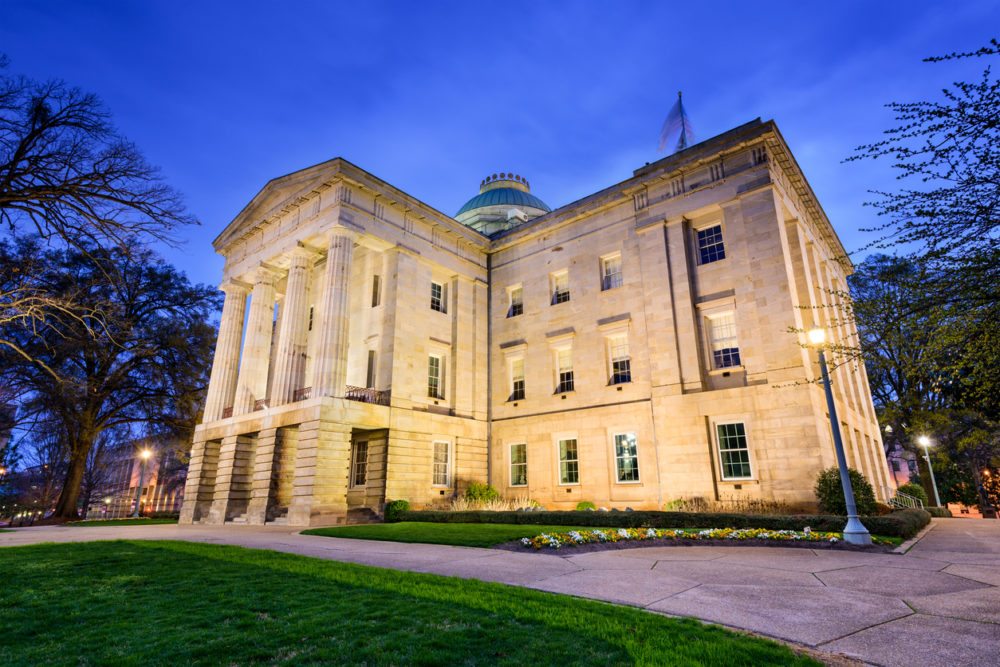North Carolina GOP Power Play
DEMOCRACY? OR A COUP? Republican lawmakers in North Carolina have joined forces with their defeatedYou must Subscribe or log in to read the rest of this content.
DEMOCRACY? OR A COUP?
Republican lawmakers in North Carolina have joined forces with their defeated
